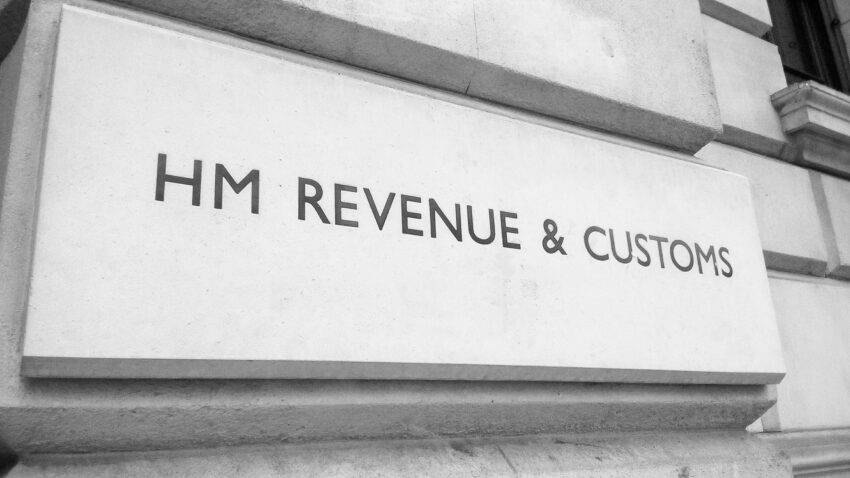UK businesses are increasingly expressing concern about HMRC’s declining service standards. The latest survey, involving over 10,000 respondents, indicates a majority view of poor service.
Business advisers highlight inefficiencies in tax collection processes, calling for immediate reforms. They argue that these issues severely impact businesses’ operational efficiencies.
In recent months, there has been a noticeable decline in the trust UK businesses place in HMRC. This sentiment is backed by a significant survey by the Administrative Burdens Advisory Board (ABAB), which revealed for the first time that a majority of the over 10,000 respondents rated their experience with HMRC as ‘poor.’ Such inefficiencies are not merely inconvenient; they have profound implications for tax collection processes across the nation.
Caroline Miskin, Senior Technical Manager at the Institute of Chartered Accountants in England and Wales (ICAEW), has been vocal about these issues. She emphasises the urgency of addressing these inefficiencies, stating, “This simply can’t be allowed to continue.” Her comments reflect a broader sentiment within the business community, which is increasingly frustrated by the current state of affairs.
The legislative burden of taxation in the UK is another critical issue. Graham advises against simply adding new taxes in upcoming budgets, urging a thorough evaluation and streamlining of existing tax laws instead. Businesses are concerned that without meaningful reform, they will continue to bear the brunt of excessive bureaucratic demands.
The dissatisfaction is not just about the end-user experience but extends to the fundamental capabilities of HMRC’s operations amidst resource limitations. Without addressing these core operational issues, the likelihood of sustainable improvement remains questionable.
Digital transformation is essential not just for efficiency but also for maintaining competitive edge in a global economy that is rapidly adapting to technological advancements. Businesses argue that without prioritising these upgrades, HMRC risks falling further behind as other tax authorities progress in digital initiatives.
Such reforms are not merely beneficial but necessary to ensure the UK tax system remains robust and capable of meeting the demands of modern commerce. Business leaders argue that without such proactive steps, the trust deficit is likely to widen, making the road to recovery even more challenging.
The decline in trust amongst UK businesses toward HMRC cannot be ignored. As inefficiencies continue to mar operations, urgent reforms are essential to restore faith and ensure efficient tax collection. Without commitment to substantial improvements, businesses are likely to persist in viewing HMRC with scepticism, thereby impacting the broader economic landscape.
Addressing HMRC’s declining service standards is crucial for rebuilding trust with UK businesses. Immediate and substantial reforms are necessary.
Without such improvements, the relationship between HMRC and the business community is likely to remain strained, affecting economic stability.

